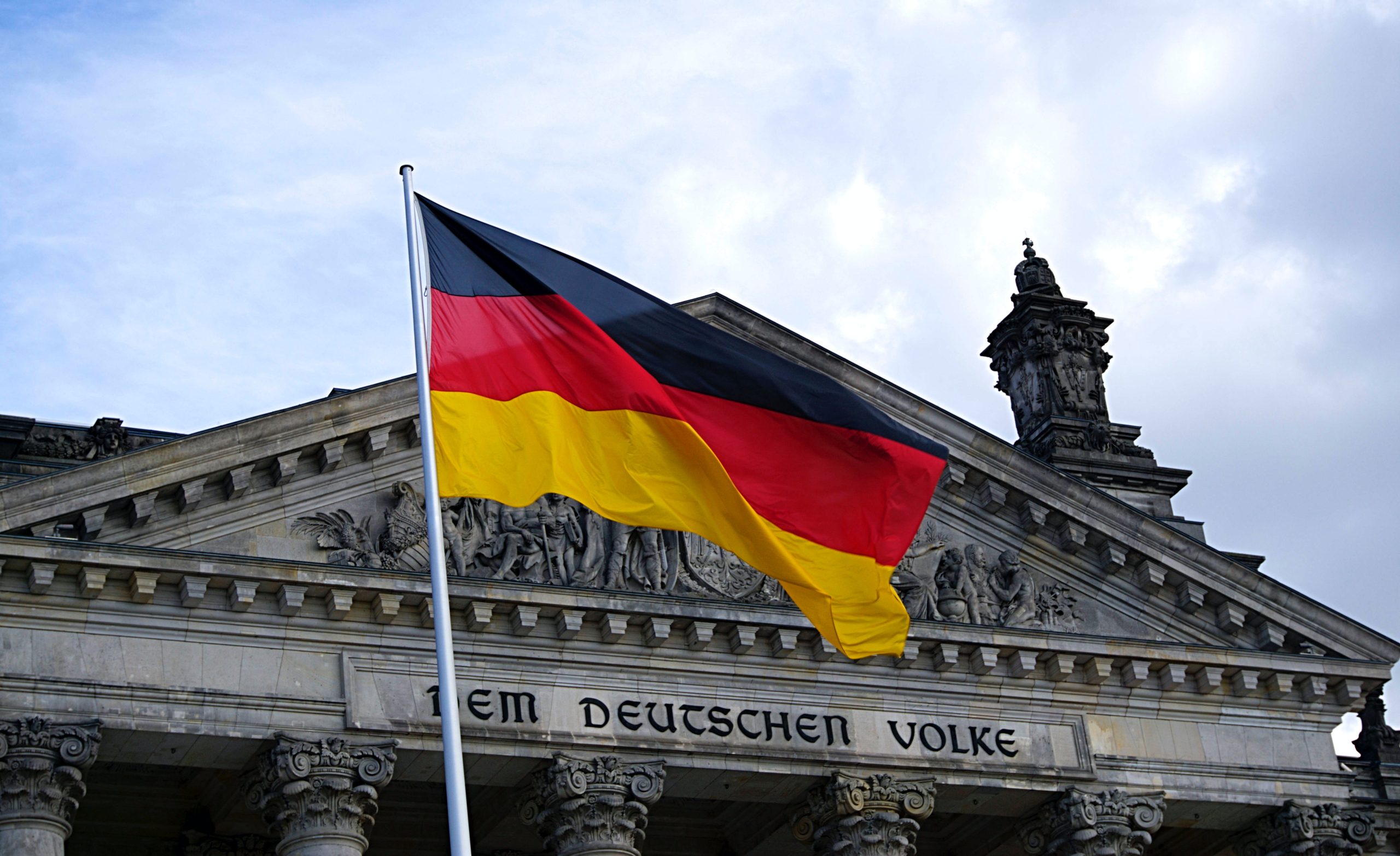
Coinposters
German Coalition Customizing law to fit Cryptocurrency

In a coalition agreement, Germany’s new government has noted cryptocurrency and is advocating for a fair means of doing business for both traditional finance and the innovative fintech industry.
The New German Government
Recently, a trio of Germany’s parties agreed to work together in a coalition. This coalition deal is composed of the Social Democrats, the Green Party, and the Free Democrats. This coalition would lead from December 2021.
The Coalition Agreement
The coalition released a 177-page document of their agenda. The agreement calls for a fresh approach in relation to new financial innovations, opportunities born from them, and also related risks. The intention is to make the supervisory law for European financial markets suitable for digitization. They also aim at making the laws workable for complex group structures. The intention is to create comprehensive and safe supervision of emerging business models.
The agreement expresses the need for combined European supervision for cryptocurrency. They urged crypto owners to always identify ownership of cryptocurrency assets.
Addressing Tough Issues
The agreement also includes instruction for the European Union supervisory authority to not only focus on the traditional financial sector. Rather, the agreement advises the authority should also prevent misuse of cryptocurrency to fund illegal activities such as money laundering and terrorist activities.
The Formation of the Coalition
This coalition is formed after Angela Merkel’s era. She led for 16 years as Germany’s Chancellor. Now she is retiring and Olaf Scholz will fill her shoes. Olaf Scholz is a leader from Germany’s Social Democrats. It is reported that the coalition took two months of back-and-forth discussions following the country’s federal election that took place on the 26th of September 2021.
The Region’s Adoption of Cryptocurrency
Whilst Germany will shortly institute a new coalition government, nations in the region are also advancing when it comes to cryptocurrency adoption. The European Council agreed to two proposals. The European Council oversees the European Union’s political agenda. The two proposals that it has adopted are “Regulation on Markets in Crypto Assets” and “Digital Operational Resilience Act”.
“Regulation on Markets in Crypto Assets” (MiCA) framework
This proposal was first drafted back in September 2020 by the European Commission. The intention of this proposal is to develop a regulatory framework for the cryptocurrency asset market. The framework would be designed specifically to aid innovation and would benefit from the inherent possibilities of cryptocurrency assets. The proposal still needs to be ratified by the European Parliament. However, if it is ratified, it will facilitate stronger regulation towards cryptocurrency issuers by having tougher requirements. It is worth noting that utility tokens and NFTs (nonfungible tokens) will not be bound by this particular law.
Assessment from Analysts
Some analysts consider this possible new law as the most important cryptocurrency law for the industry. One Reddit user, u/BelgianPolitics said that these rules would be far-reaching. Everyone in the European Union would have to abide by them. The user cited the “Brussel’s Effect” as another reason why these rules were so noteworthy. The user indicated the possibility of these rules becoming international standards eventually. The commentator added that the world is focused on the US and China as leaders in this arena. However EU, according to this user, “is casually leading”.
What would these EU in cryptocurrency trading mean?
The suggested changes to the European Union would demand that companies collect details on the recipients and senders of cryptocurrency and related assets. These changes would make Bitcoin and other cryptocurrencies more traceable. It would also help curb money laundering and the financing of terrorism. Time can only tell how these laws will affect the cryptocurrency sector in the region.
Latest
Blockchain
21 Feb 2026
Blockchain
13 Feb 2026
Blockchain
07 Feb 2026
Blockchain
06 Feb 2026
Blockchain
05 Feb 2026
Blockchain
03 Feb 2026












